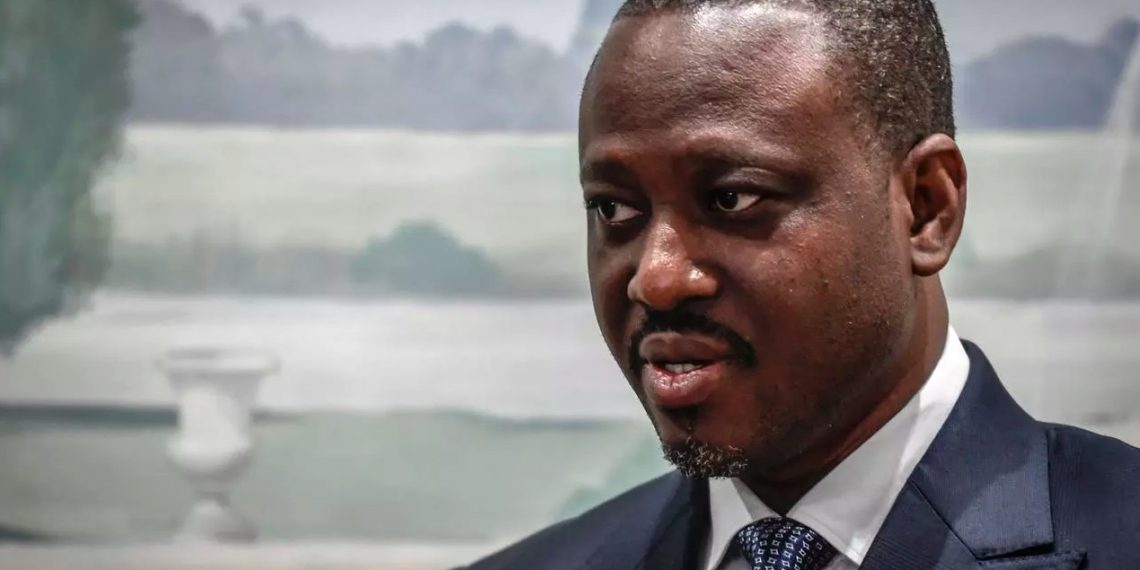
Ivory Coast’s government has announced that former prime minister Guillaume Soro, who recently ended a four-year self-imposed exile, is permitted to return home.
However, the justice system will assess any outstanding convictions against him.
Guillaume Soro, sentenced to life in prison in 2021 for undermining national security, returned to Africa in early November after spending his exile in France, Belgium, and Dubai.
He made stopovers in Niger and Burkina Faso before returning to Ivory Coast.
The government spokesman, Amadou Coulibaly, stated that Soro is free to return whenever he chooses, emphasizing the country’s openness.
However, any legal claims against him will be handled by the Ivorian judicial administration.
Coulibaly highlighted that the decision to execute any legal actions against Soro lies with the judicial administration, emphasizing their commitment to a fair and independent process.
Guillaume Soro, once the right-hand man to President Alassane Ouattara, fell out with the president in 2019.
Ouattara accused him of instigating a “civilian and military insurrection,” leading to a strained relationship between the former allies.
In 2020, Soro was sentenced in absentia to a 20-year jail term for embezzlement. A year later, he received a life sentence for undermining national security, further complicating his legal situation.
The government’s announcement indicates a willingness to allow the return of exiled individuals, with Coulibaly stating that President Ouattara has facilitated the return of those who had self-exiled, providing the necessary means.
Despite the government’s assurance of an open return for Soro, the emphasis on the judicial system’s role underscores a commitment to due process and legal scrutiny.
The spokesperson mentioned that other individuals who chose to return have done so and are visible in the country, sometimes leading political meetings.
This suggests a broader context of political developments in Ivory Coast.
The situation reflects the complex political dynamics in Ivory Coast, with the return of a once-prominent figure prompting legal considerations and potential implications for the country’s political landscape.
